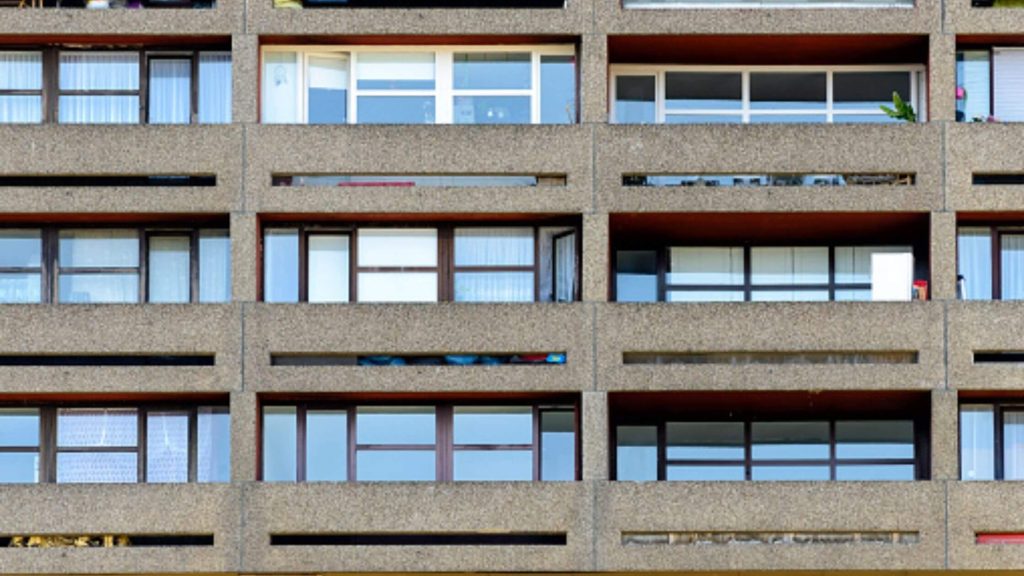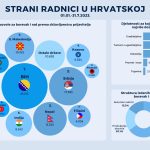MPs Sandra Benčić and Bojan Glavašević said that the European Systemic Risk Board (ESRB) had warned two days ago that the further subsidy of mortgage loans could lead to a collapse of the real estate market, which is considered to be one of the biggest risks to Croatia.
Although only 50% of real estate purchases are financed by loans, these loans pose a systemic risk because properties are overvalued, Benčić said and added that the value of real estate continued to rise at an annual rate of 8% in 2019 and 2020 despite the COVID-19 pandemic and the earthquakes.
The ESRB warned of the vulnerability of a section of the population encumbered with mortgages and noted that the government’s subsidised housing scheme was one of the causes for the increased prices in parts of the country.
Benčić said that ever since this scheme was introduced in 2017 they had been warning that housing subsidies would only fuel a further rise in real estate prices, which is now happening.
“The money for housing subsidies is taken from the state budget and given to banks, which can then count on a certain inflow of money from the budget every year and they have no motivation to compete with one another in reducing interest rates on mortgages, but have ‘backup’ in the state budget for subsidised interest rates,” Benčić said.
She said that the government had earmarked HRK 264 million in this year’s budget for interest subsidies and more than HRK 300 million for next year, “which means that instead of reducing subsidies which are having a negative impact on the real estate market, the government planning to increase them even.”
“We propose that these funds be reallocated into a common fund and that together with local government funds, especially in cities where real estate prices have gone up so much that no one can afford them any more, as is the case in Zagreb, Rijeka, Split, Dubrovnik and Pula, and that they are used to finance public housing construction,” Benčić said.
She said that such housing would be more affordable to young people and families and would help deflate the present real estate bubble. As the ESRB warned, this bubble could burst in the medium term, which would have devastating consequences for the economy, as was the case in the United States 13 years ago, she added.
Only 2% of housing in Croatia is in public ownership, while the EU average is 15%. “We have often heard objections that our proposal for public housing construction is a socialist model, yet this model is present across Europe,” Benčić said.
The Finance Ministry is issuing a tender for banks for subsided mortgage loans tomorrow, and Benčić called on it to end this scheme because in several years’ time such subsidies would cause the real estate bubble to burst and a collapse of the economy. She said she held Prime Minister Andrej Plenković directly responsible for what would happen to the real estate market over the next year.








